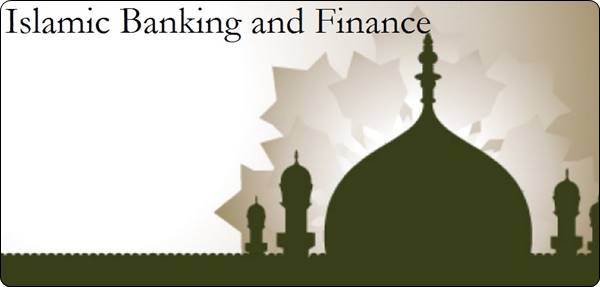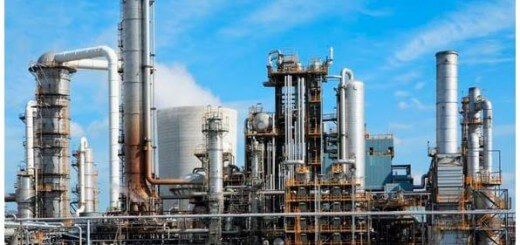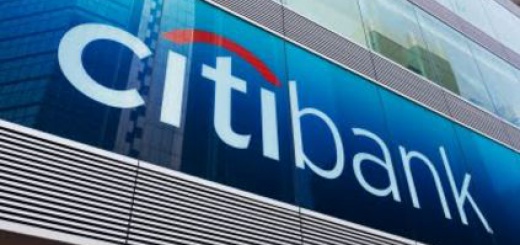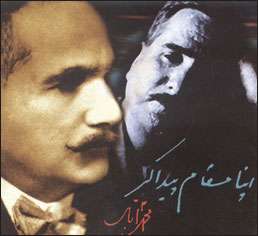Sukuk Based Structuring Of Saudia’s Intended Investment In Gwadar’s Prospective Oil Refinery
It was reported on Oct. 04, 2018 that upon our newly elected Prime Minister’s visit to Saudi Arabia as a part of the strategy to attract foreign investment, the ‘country’ has pledged to invest in Pakistan in the form of an oil refinery, to be setup at Gwadar with an estimated cost of about $8 – 9 Bn with 500,000 barrels per day capacity.
This is important for Pakistan than Saudi Arabia because it would significantly reduce Pakistan’s oil import bill estimated for current year at $18bn. This would also ensure that Pakistan’s requirement for financial support from the International Monetary Fund (IMF) is minimized but the most important question is that how such a big investment/debt would be ultimately serviced/paid off since not all the amount would be financed as foreign direct investment, supposedly some portion will be granted as debt financing.
We, as a student of CEIF-MSIBF-IBA, did research to find a possible Sharia compliant investment/debt servicing solution, to the above question, that the Islamic banking or more specifically the Pakistan’s Islamic Capital Market would offer based on Sharia compliant financing structure in the form of ‘Sukuks’.
The structuring will comprise of two phases; First leg would be based upon ‘Istisna’ between the Government of Pakistan (The issuer’) and the Government of Saudi Arabia (The ‘subscriber’) and the Second phase would incorporate the ‘Wakalah’ based Sukuk between the Govt. of Saudi Arabia (The ‘Issuer’) and the Overseas Pakistanis. The GoP in both the cases, at a point, will act as agent for the Government of Saudi Arabia. Our intended proposed structure shall comprise of the following steps:
- The GoP will borrow money from the Kingdom of Saudi Arabia by issuing ‘Istisna Sukuks’.
- The proceeds will be utilized by the Government to build the refinery’s structure.
- Once the construction is completed, the govt. shall act as the Saudi’s agent to sell the same to either the local public or to the internal investors either through Sukuk Al Wakalah / Ijarah / Diminishing Musharakah (whichever suits best)
- The price of the asset offered for sale shall comprise of the asset’s building, testing phase etc. costs as well as the return that the Saudi Arabia could have fetched from the said amount of investment if it had invested it elsewhere.
Since the said project is still in the phase of feasibility study, it can be successfully built using Shariah compliant based financial products and it would be easy for the GoP to ensure successful pay back to the Saudi Government. In a global market that predominantly operates through the conventional financial system, but over the years, Islamic finance has grown progressively mainly because through Islamic banking, financial inclusion can be promoted, and a larger pool of savings can be brought into the economy by way of offering Riba-free suitable modes of financing.
Further, it reduces the impact of harmful products and practices because Sharia principles forbid any investment that would support industries or activities that are considered harmful to the people and the society in general. This includes usury, speculation and gambling, irrespective of whether these are legal or not in each given territory.
Moreover, it promotes the principle of financial justice by way of sharing risk of loss as oppose to conventional financing in which financier looks forward to earning profit through interest payments and makes the beneficiary completely liable for any risk.
Encouraging stability in investments by way of asset backed financing thus promotes the reduction of risk and creates space for greater investment stability, high returns as opposed to predetermined interest based and accelerate economic development. Thus, by offering proposed Riba free Sukuk structure to finance the investment initiative by Saudi Arabia in Pakistan will not only reduce the cost of imported oil but also assist in leveraging debt burden as well as promote economic growth and stability.
Muneeb Akhtar Siddiqui & Umaira Danish Dervi are students of Islamic Finance at IBA Karachi. Article written under guidance and supervision of Professor Ahmed Ali Siddiqui (SEVP Meezan Bank Limited).














